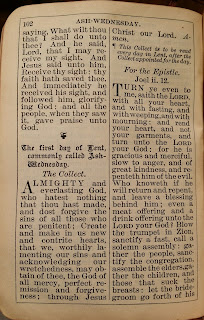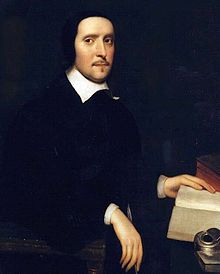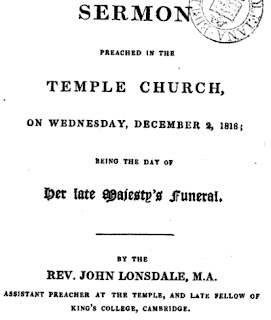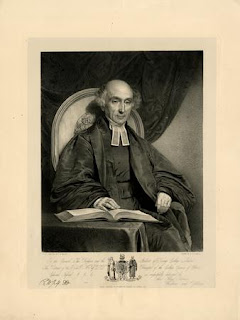Anglican critiques of revivalism: Gibson on "gradual progress and improvement in the fruits of the Spirit"

The 1739 pastoral letter - Against Lukewarmness on one hand, and Enthusiasm on the other - issued by Edmund Gibson, Bishop of London, was a response to the revivalism of George Whitefield. Gibson quoted from Whitefield's journals to demonstrate the character of revivalism, showing how Whitefield words testified to his "boast of sudden and surprizing Effects as wrought by the Holy Ghost, in Consequence of [his] Preaching"; to claims of his Preaching and Expounding, and the Effects of them, as the sole Work of a divine Power"; and justifying his "own extraordinary Methods of teaching, by casting unworthy Reflections upon the Parochial Clergy" and the regular ministrations of the church. Against this, Gibson's pastoral letter provided an account of a characteristically Anglican theology and piety, contrasting revivalist claims that experience of 'new birth' was the evidence of the Spirit's workings, with the "gradual progress and improve...

.jpg)
.jpg)

.jpg)
.jpg)











